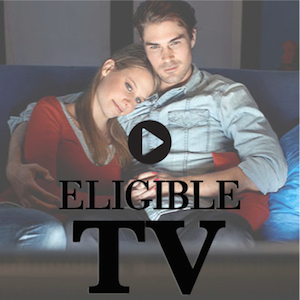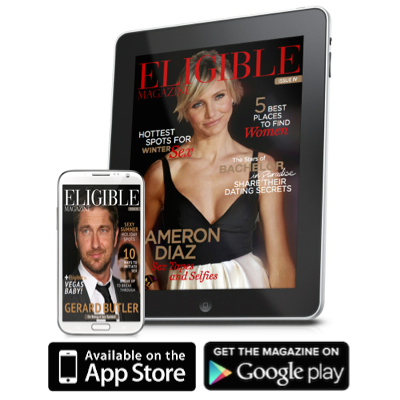We each have an individual narrative that defines who we are. Your narrative contains how you came to be the person you are and the values, beliefs, and ideals you subscribe to. And when you meet someone new who represents “relationship potential,” that narrative that reflects who you are and what you’re about may change.
 Consider: How does your new boyfriend or girlfriend fit into your individual narrative? What is the purpose served by a relationship?
Consider: How does your new boyfriend or girlfriend fit into your individual narrative? What is the purpose served by a relationship?
These are questions that most singles who are seeking a significant other rarely consider, but if you’re not thoughtful and intentional about the way you “do dating,” you can fall into some pitfalls that are actually avoidable.
One pitfall that many couples in early-stage-dating experience is spending so much time together that they lose their connection to their friends and family.
It’s as if they have blinders on. Time they used to spend hanging out with friends is now exclusively reserved for couple time. You may not realize your priorities shifted, but your friends probably feel (and maybe resent) your absence. Intimacies you used to share with friends are now unloaded with your new significant other.
If you’re on a quest for love, it helps to find forgiving friends – friends who support your growth and want to see you happy. Most couples who go the distance eventually build some couples-based friendships and strike a balance between socializing as a couple and socializing individually.
Ask yourself:
Do we each have our own group of friends who closely match or mirror our lifestyles and values?
Or do we have separate groups of friends who don’t interact?
Do we each have a group of friends we can belong to individually?
 Can we make couple friends together? If so, what will be the common thread – Work? The neighborhood? A shared love of a particular activity?
Can we make couple friends together? If so, what will be the common thread – Work? The neighborhood? A shared love of a particular activity?
It’s important to have friends who are “hers,” “his,” and “ours.” Once you’re settled into the relationship, it’s natural to crave the company of the people you used to run around with before you met “the one” (or, “the one for now!”)
Be careful not to judge each other’s friends – both sets of friends serve a purpose. Not all of your friends will like your new guy or gal and you may not meet with full approval from all of your sweetheart’s friends. That doesn’t necessarily mean these friends should be discarded (assuming they at least show a modicum of respect and restraint.)
It’s tempting to give the relationship full-focus, but you’ll need the support of your old tribe from time to time and as long as you have a clear “this is my life, and this is the lover or partner I choose” policy, you can have friendships that aren’t integrated with the romantic relationship.

Remember, every couple – regardless of age, life stage, or station – needs time together and time apart to maintain a healthy balance in the relationship. Healthy relationships allow for each individual to pursue their own path of self-discovery.
Relationships also are nurtured by the couple spending time both in private or intimate settings and in group settings. It can be tricky to balance all these needs. Don’t be threatened by his or her need for time apart. And if it starts to feel excessive, by all means, talk about it.
Author Susan Winter writes about this beautifully. She says, “Without alone time, we resent the intrusion of others into our lives. Without alone time, we lose our personal power and neglect our unique interests. Without together time, we isolate and contract as human beings.”
If you’re seeking support navigating the challenges of dating or early-stage relationships, I’m here to help. We all crave love and connection and I’ve created an array of programs to meet you where you are in your personal and relationship growth and to resolve the painful problems with compassion and personal power. I invite you to visit www.thedatemaven.com or reach out to me at [email protected].


























No Comments